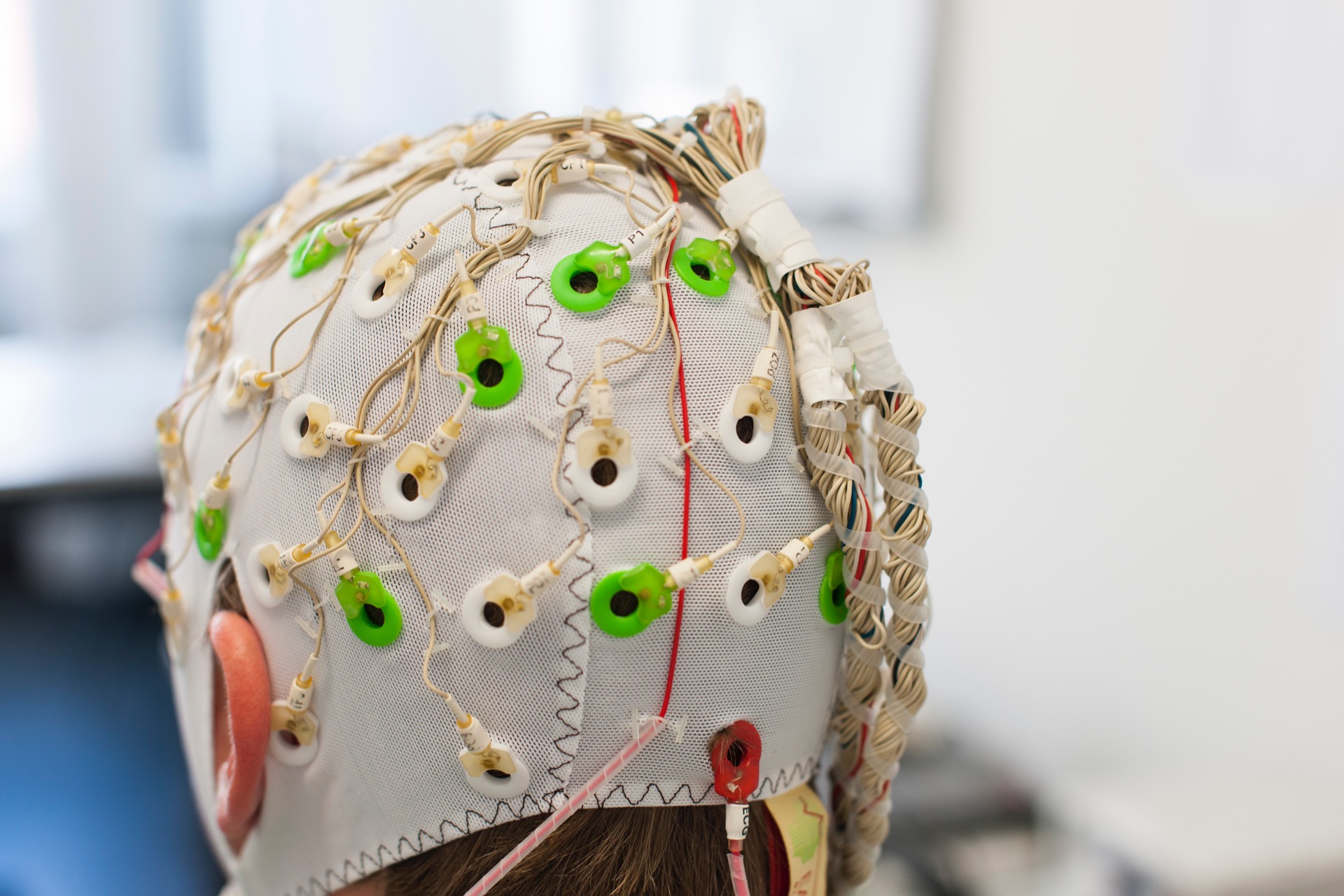PainLabMunich
Our research group investigates how the human brain generates pain. Pain is a crucial warning signal that protects our bodies. However, its perception can vary based on past experiences, current expectations, and future goals. Understanding how the brain integrates these factors into the sensation of pain is key to basic neuroscience and the development of new pain treatments.
Chronic pain, which affects 20-30% of adults, persists without an objective threat, severely impacting quality of life and imposing significant burdens on healthcare systems and society. Recent research shows that the brain plays a central role in the susceptibility, development, and maintenance of chronic pain. Our goal is to understand these brain mechanisms to develop biomarkers and innovative treatment strategies.
We use electroencephalography (EEG) and advanced analysis techniques to study neuronal oscillations - brain rhythms - in pain processing. Additionally, we employ non-invasive neuromodulation, such as transcranial alternating current stimulation (tACS) and neurofeedback to modulate these oscillations and alleviate pain. We are committed to open and reproducible science. We preregister our studies, perform state-of-the-art statistical analyses, and make our data and code openly available to the research community.
Led by Markus Ploner, our lab is linked to the Center for Interdisciplinary Pain Medicine and the Department of Neurology of the Technical University of Munich (TUM). The lab is part of the TUM Innovation Network Neurotech, the TUM-Neuroimaging Center (TUM-NIC), the Collaborative Research Centre 1158, and the EU-funded Doctoral Network FRESCO4NoPain. Our research is funded by the EU and the Deutsche Forschungsgemeinschaft.
News
Welcome and good luck!

